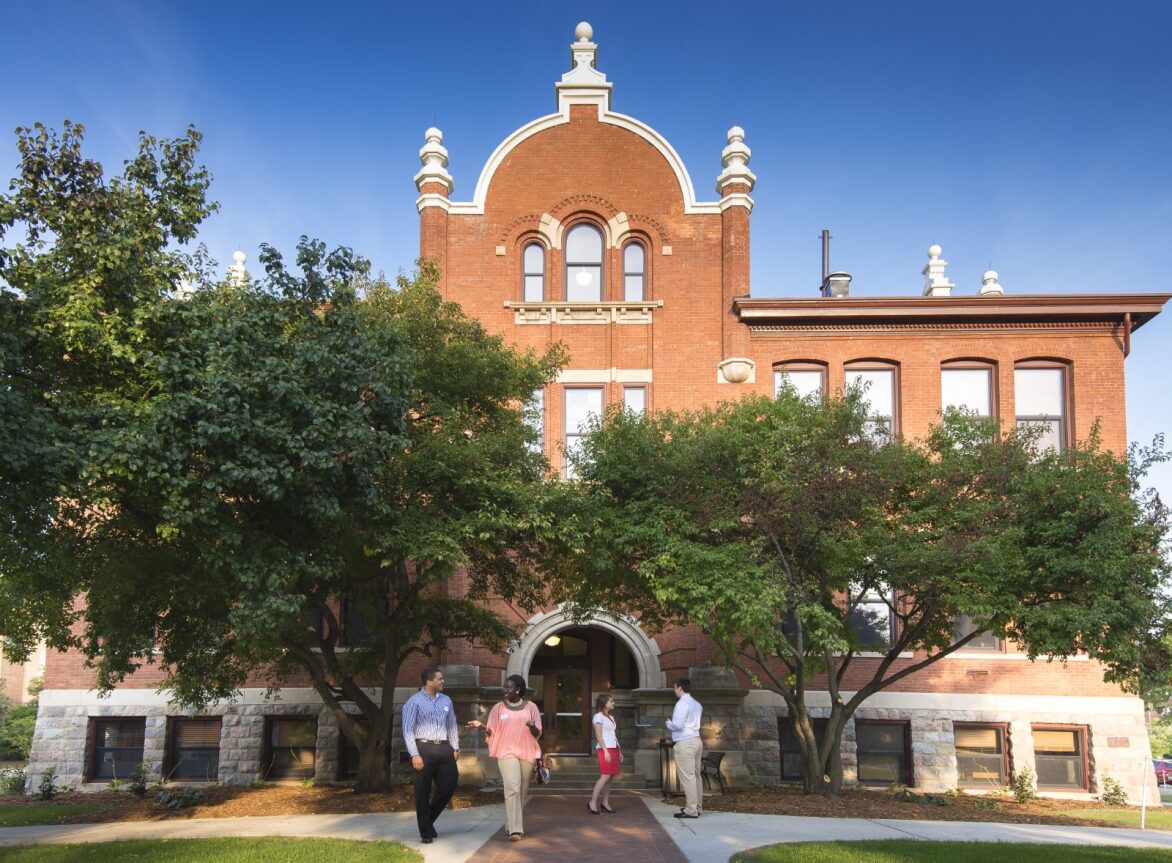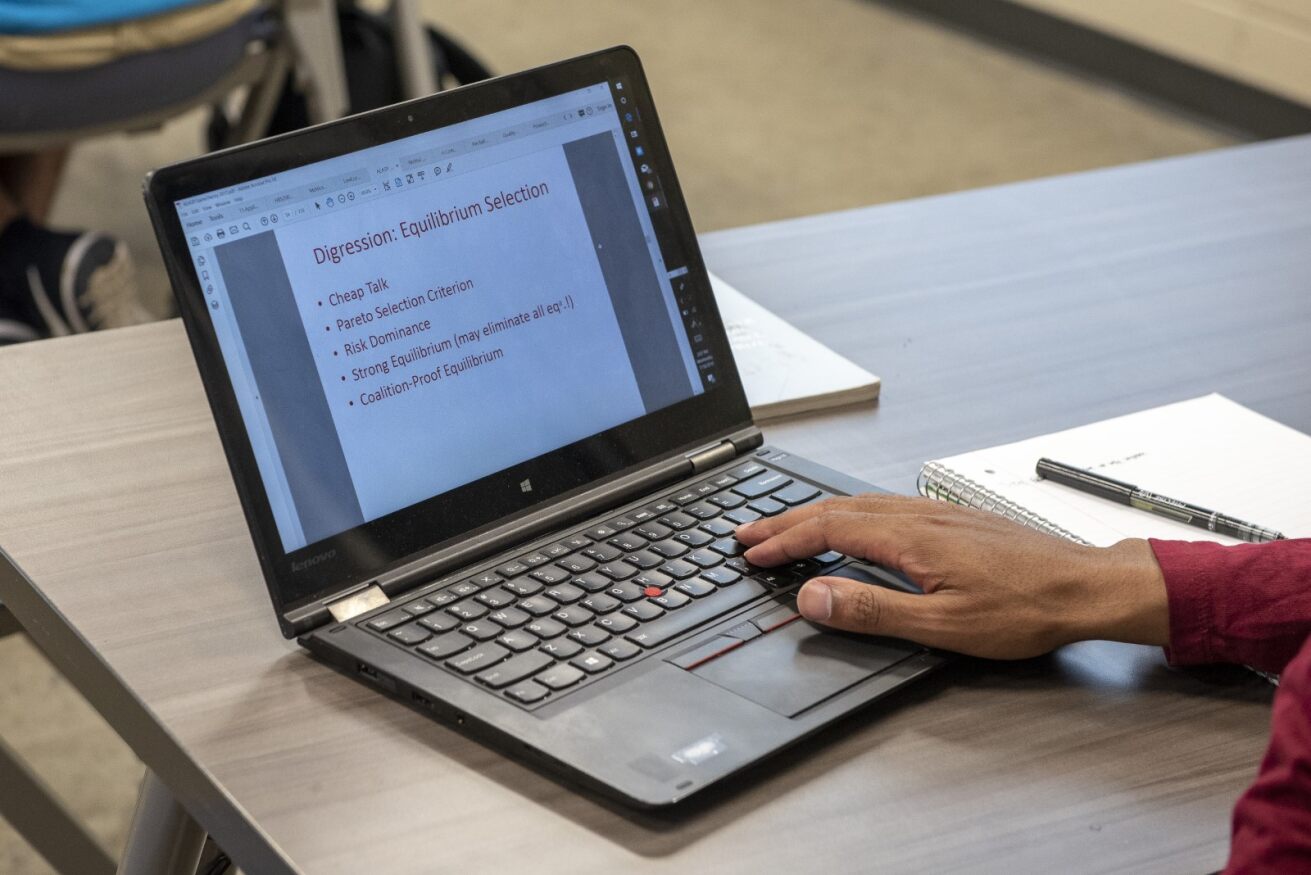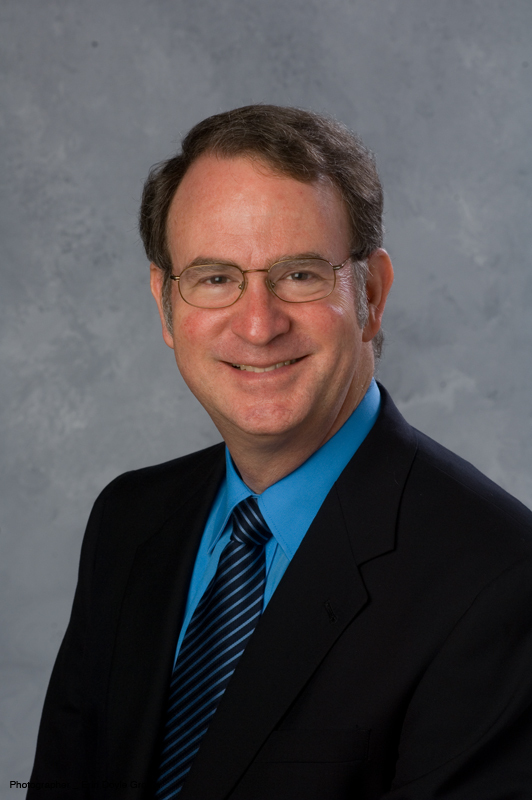By Liz Schondelmayer
After almost 40 years of service, the College of Social Science is honored to celebrate the retirement of Dr. Charley Ballard - one of the most gifted teachers and devoted scholars to grace Michigan State University's campus.
Dr. Ballard (pictured left) joined MSU's faculty in 1983 after earning his PhD in Economics from Stanford University. He successfully defended his dissertation just ten days before the start of classes at MSU, and then made the road trip from California to Michigan.
"I had a 1969 Plymouth Fury, and my goal was to get from Menlo Park, California, to East Lansing, Michigan in four days, because if I took longer than that, every day on the road meant one less day to move into my new apartment and prepare my lectures," Dr. Ballard recalled. "It was about 2,400 miles of driving, but I did it because I was so excited to work at Michigan State."
Throughout his career, Dr. Ballard has published five books and over 35 articles and chapters. About halfway through his career, his research interests pivoted from studying policies regarding taxes and tariffs to focusing his expertise on Michigan's economy. After writing two books on the subject and collaborating with the MSU Institute of Public Policy and Social Research (IPPSR) on the State of the State Survey, he quickly became the go-to economist to speak on the state's economic condition. His most recent research has focused on income inequality and how these inequities have grown along race and class divisions since the mid-twentieth century.
After earning tenure and establishing himself as a talented teacher and researcher on campus, Dr. Ballard was able to focus on public outreach during the second half of his career. He toured the state offering public talks and lectures, sharing his research and answering questions, and engaging in various news and media interviews. (On the map to the left, every green push pin represents a Michigan town or city where Dr. Ballard has given a talk.)
"I made an effort to really engage with the Michigan community, because with MSU being a land-grant university, it's in our DNA to try and connect with the community," Dr. Ballard explained. "We do a lot more outreach and engagement than a lot of other places, and that's something that's really important to me."
Dr. Ballard, who famously taught Econ 201 – an introductory MSU course often taken by 600 students at a time – for almost thirty years in a row, has instructed an estimated 35,000 students during his time at MSU. Each of those students has experienced the ways that Dr. Ballard went above and beyond to make economics interesting - even if it meant singing the chorus of the Rolling Stone's song, "You Can't Always Get What You Want" to the class to illustrate the economic principle of scarcity.
"There is something special about teaching an introductory course, partly because I knew that of the 600 students I taught at a time, for some of them, this is the only economics class that they would ever take," Dr. Ballard said. "So I had to have a sort of an evangelist’s zeal to bring the gospel of economics to the people. When you have an audience of 600 students, you have to keep things upbeat and lively."
His unconventional approach to teaching economics proved to be successful, as throughout his career, more and more students who took the class due to a requirement decided to change their majors to economics. "The single most enjoyable thing that's ever happened to me as a teacher is when a student would come to me and say something like, 'I was afraid to take economics, I heard that it was really hard, but now, because of your course, I've decided to major in economics," Dr. Ballard explained. "It happened a couple of times a semester."
His teaching excellence has been regularly recognized at Michigan State University. Since his career began at MSU, he has earned the Teacher-Scholar Award (1990), the Withrow Teaching Excellence Award from the Broad College of Business (2000), the Alumni Outstanding Teacher Award from the College of Social Science (2007), and two awards from MSU’s Resource Center for Persons with Disabilities.
Since coming to campus in the early 1980s, Dr. Ballard has noticed that the biggest change he's seen is the incorporation of technology into every aspect of MSU life. As he explained, "When I started, we had maybe four or five computers in the entire department - now, every faculty member has their own computer, and we have a staff member, Dean Olson, who maintains the computer infrastructure for the entire department."
However, Dr. Ballard notes one thing that hasn't changed much: the students' Spartan spirit: "The students are still wonderful and kind, and just as fabulous as they were when I started - maybe even more fabulous! Overall, looking at testing scores, our student body is becoming stronger than ever before."
When he wasn’t teaching, researching or touring the state, Dr. Ballard could be found singing in the MSU Choral Union - which he has been a member of since 1986. In fact, the singing group will be performing Verdi's “Requiem” on April 28 at the Wharton Center.
Overall, Dr. Ballard attested to the amazing opportunities and atmosphere provided by Michigan State University, and is proud to be a lifelong Spartan. "Of the people who were hired around the same time as me, many have retired after spending their careers here, and many are set to retire in the next year or so. This is testament to what a good place it has been to work - both MSU and the Department of Economics have been amazingly collegial places," Dr. Ballard reflected.
After retiring, Dr. Ballard is hoping to finish a book explaining his research on income inequality. His parting message to the Spartan community is a testament to the values of kindness and compassion he brought to campus with him each day: "Life is short, and we do not have too much time to gladden the hearts of those who travel the way with us. So, be swift to love and make haste to be kind."
The original story was posted on the MSU College of Social Science website.


